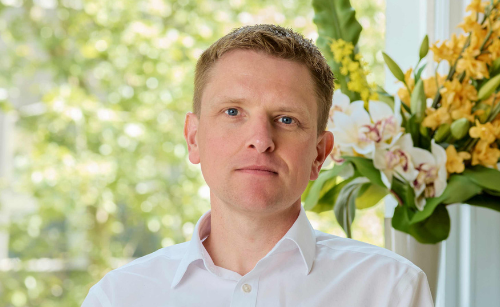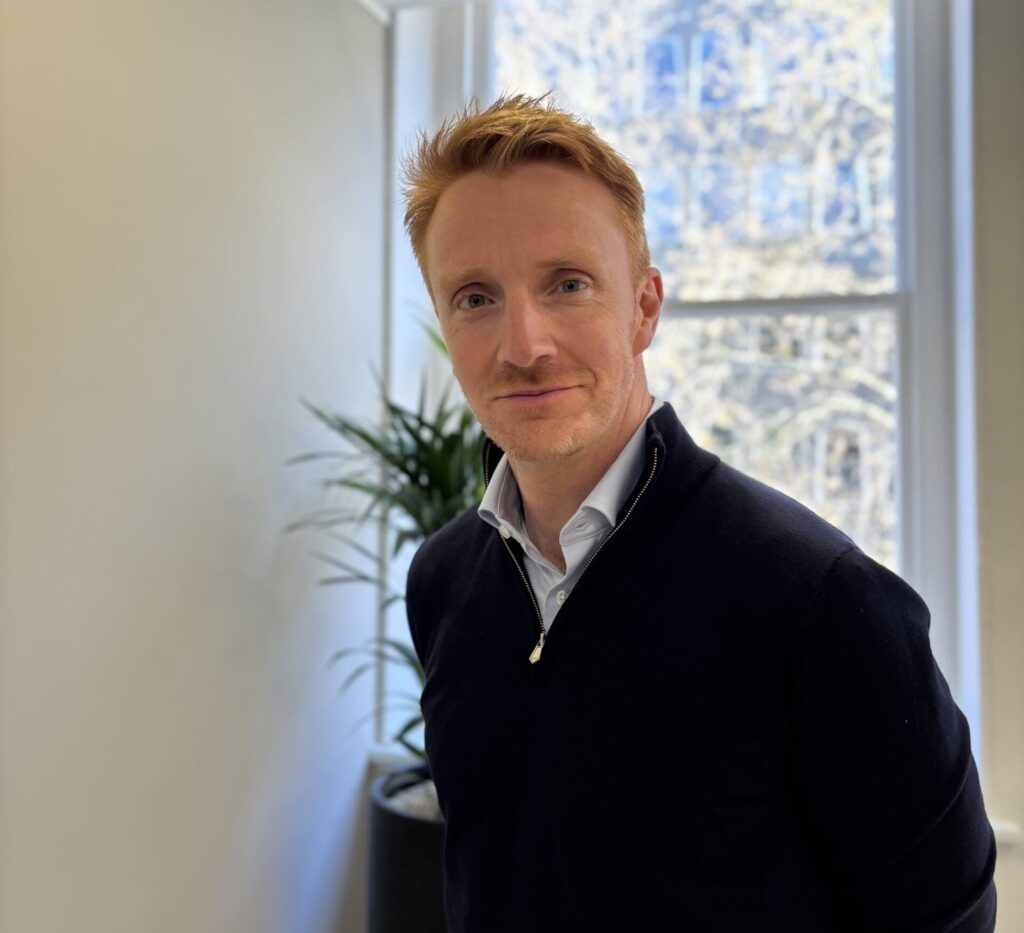YFM appoints Jamie Roberts as Managing Partner, with Eamon Nolan transitioning to Head of Investor Relations & Fundraising. This leadership evolution supports YFM’s continued growth and strategic focus, building on strong 2025 momentum and a clear vision for the future.
YFM Equity Partners is one of the oldest independent Private Equity investors in businesses in the UK. The business is owned and run by the partners, who lead new investments and work with our portfolio companies to create value.









